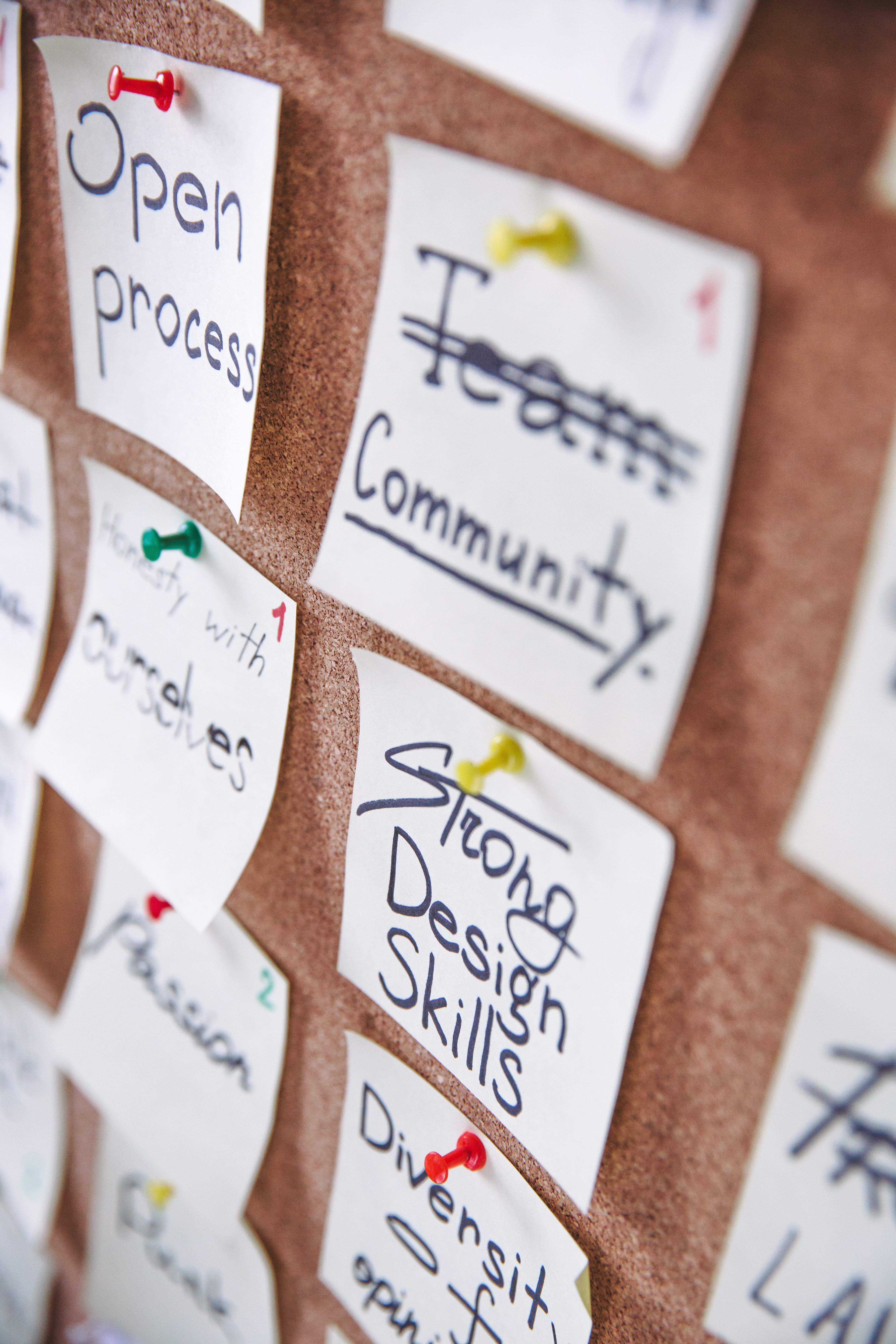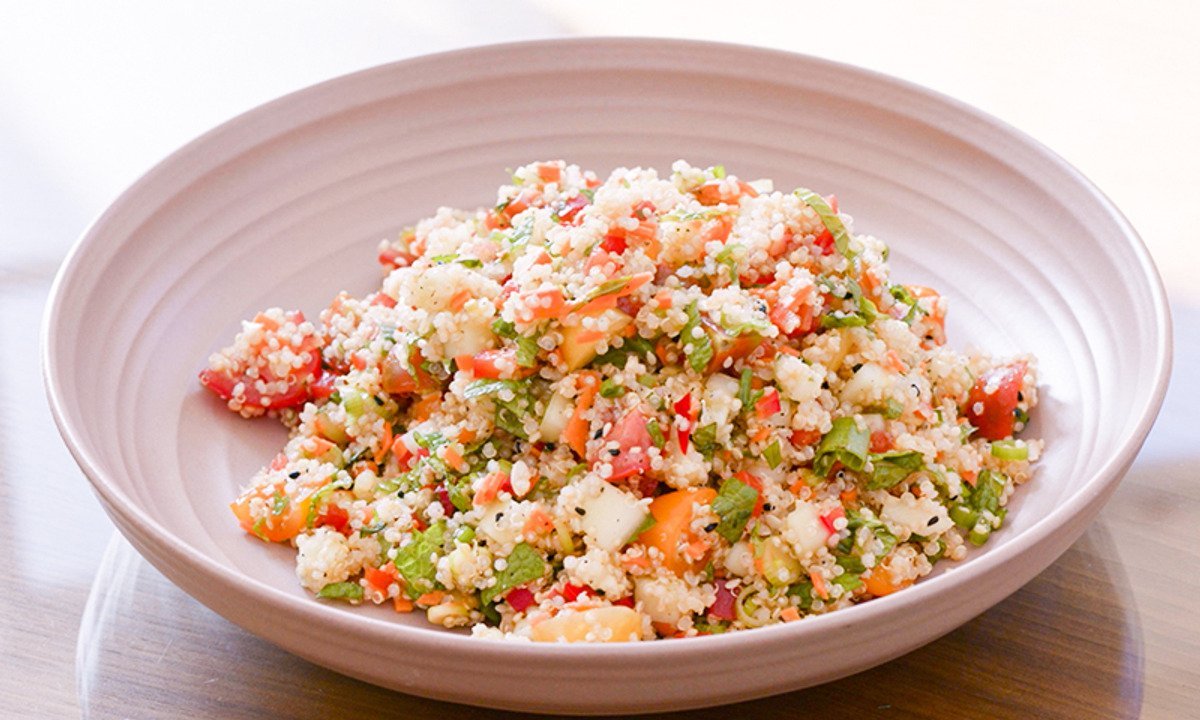Module1: Elasticity
How do we describe food texture? In the firstmodule of the course, we will explore the scientific concept of elasticity, which influences the texture of food, and how it changes during cooking. Discussions with Bill Yosses and Mark Ladner will address the role of gluten in dough and the challenges of working with gluten-free varieties.
Module2: Viscosity
How can we make liquid foods more appealing? Just as solid foods can have different textures, so can liquids, largely determined by their viscosity, or thickness. Scientific discussions about what determines viscosity and demonstrations of different ways to change the viscosities of foods will allow us to explore this topic from different perspectives. We will hear from Harvard’s own Martin Breslin, Director for Culinary Operations, and Carles Tejedor, from Oillab and By restaurant in Barcelona.
Module3: Emulsions and Foams
Emulsions and foams are some of the most interesting foods to think about from a scientific perspective, and we will investigate the physical principles that control their formation. Nandu Jubany will demonstrate how he uses emulsions and foams for a twist on traditional Catalan cuisine at his restaurant, Can Jubany. In the lab you can compete with other learners to see whose emulsion and foam rises the highest!
Module4: Advanced Phase Behavior
The preparation of chocolate and frozen desserts such as ice cream are great illustrations of how chefs manipulate phase changes such as crystallization (freezing).In this module, we will discuss such concepts as nucleation of crystals and freezing point depression, and see how they can be used for chocolate tempering and making ice cream, which you will make yourself in the lab!
Module5: Enzymes
The activity of enzymes can provide both benefits and challenges in the kitchen. After discussing the diverse roles that enzymes can play, we will investigate strategies to both restrict and exploit enzyme activity in cooking. Ted Russin and Wylie Dufresne will showcase some of their creative dishes that are only possible because of enzymes.
Module6: Baking
To conclude the course, we will see how many of the topics that we have discussed come together in a popular cooking technique – baking! Joanne Chang and Christina Tosi will show us how to make delicious cakes, cookies, pies, and bread, and we will see how science makes it possible!

GRATIS Aprendiendo a aprender: Poderosas herramientas mentales…
Deep teaching solutions
Español

GRATIS Programación para todos (Introducción a Python)
University of Michigan
Inglés

GRATIS The Science of Well-Being
Yale
Inglés

GRATIS Negociación exitosa: Estrategias y habilidades esenciales
University of Michigan
Inglés

GRATIS Primeros Auxilios Psicológicos (PAP)
Universitat Autónoma de Barcelona
Español

